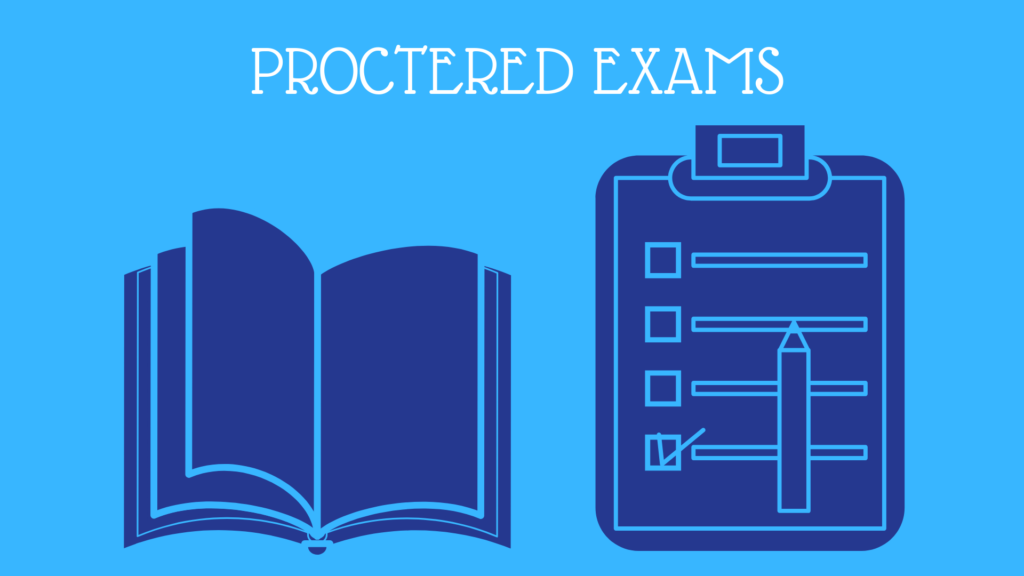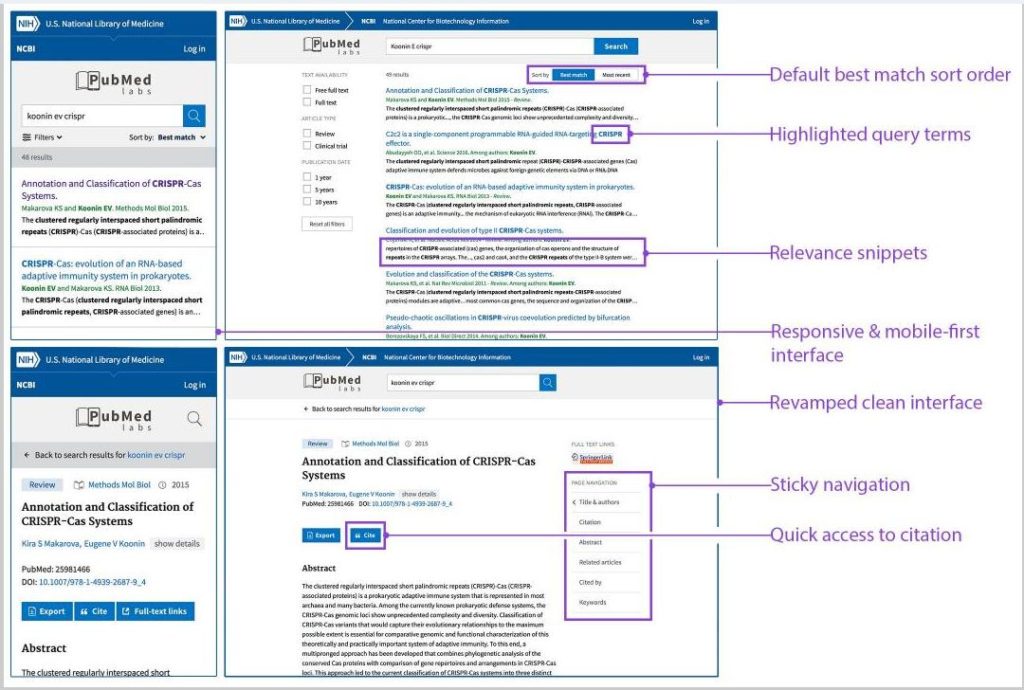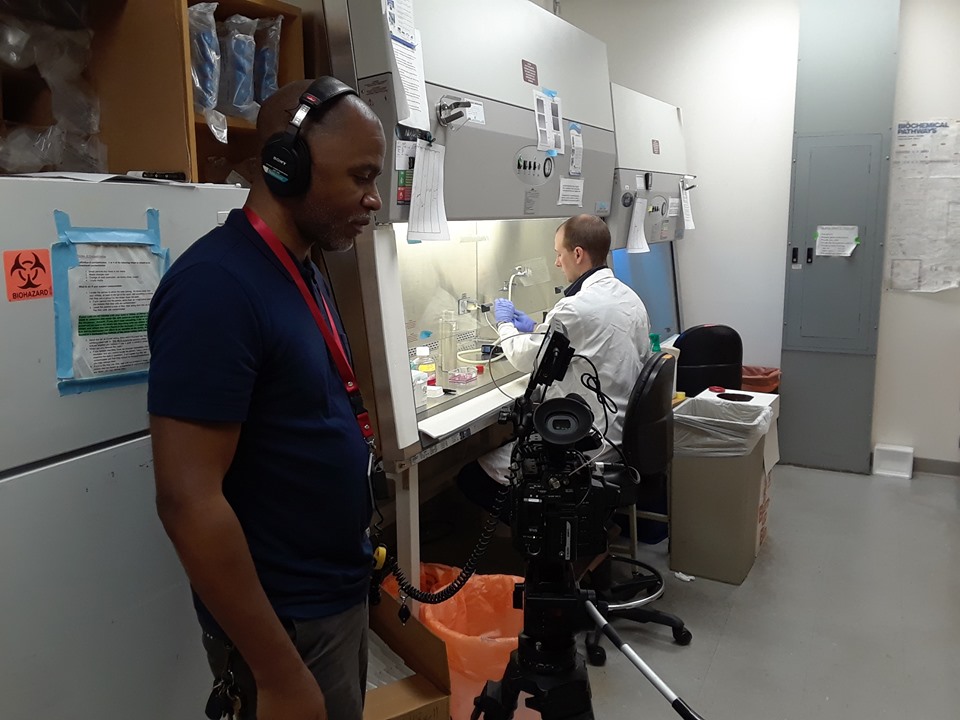
Did you know that the UT Southwestern Library offers test proctoring services for students, staff, and faculty upon request? Proctoring will be monitored by Library staff at the Bass Center Library Administration Offices (BL5.500) in the Paul M. Bass Administrative and Clinical Center, Tower 2. The cost is $10 per hour.
- Payments can be made via cash or credit after receiving an invoice for the service.
- Payment must be made before the proctoring service appointment. There are no refunds once payment is received.
- Invoices must be paid in advance according to the standard length of the exam.
- Cancellations will be accepted until 48 hours before the service appointment.
For scheduling or more information, call 214-648-2626 or email libADS@utsouthwestern.edu.




